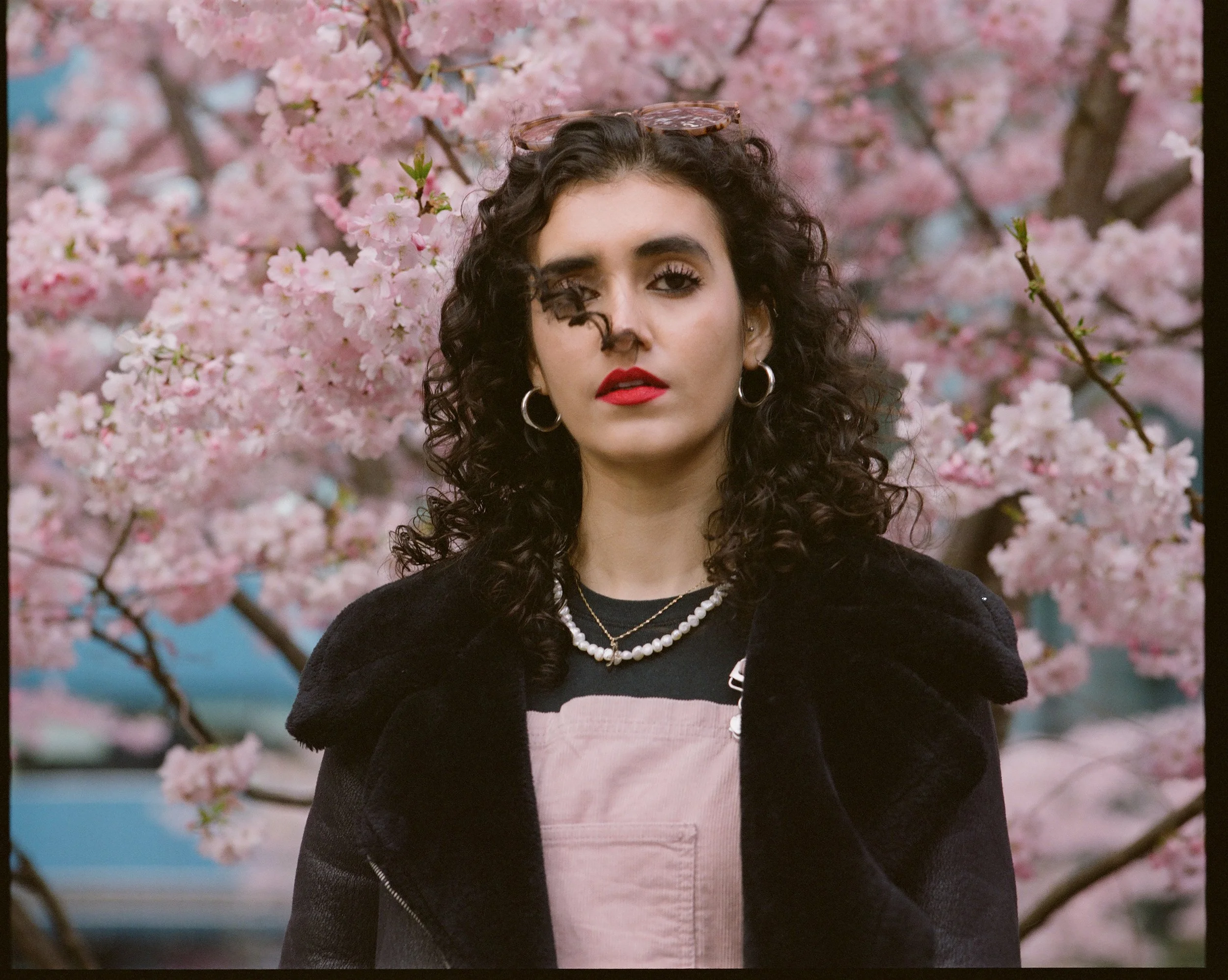Giorgia Tobiolo
The (.) Error, 2022, Photograph
This is Aisha, one of the lovely people affected by the PMDD, who I had the pleasure to meet through my dedicated ongoing project called The (.) Error.
‘During Lockdown I decided to launch a podcast called “Aisha Presents” and dedicated the very first series to PMDD (“PMDD & Me” series) to raise awareness on the subject and to give empowering and inspiring women who suffer with this, a platform and voice to share their own stories.’
PMDD (Premenstrual Dysphoric Disorder) is a cyclical hormone-based mood disorder which affects 5.5% of females and AFAB (assigned female at birth). PMDD is just an “error”. It is a severe hormonal condition triggered by the neurosteroid Allopregnanolone or ALLO, and so a severe negative reaction in the brain. Sufferers experience symptoms during the latter part of their menstrual cycle (with symptoms lasting a few days to two weeks or more) - they include depression, anxiety, irritability, rage, joint pain and fatigue, sleep issues, and even suicidal ideation.
PMDD occurs during the luteal phase when the brain has a severe negative reaction to the natural rise and fall of estrogen and progesterone that happens each month - the period arriving means the end of symptoms is in sight. It is a suspected cellular disorder in the brain, an error.
It can be a life split in two, severe enough that 30% of those with PMDD attempt to take their own life at least once in a PMDD episode. Yet PMDD remains largely unheard of, with patients massively undiagnosed/misdiagnosed, because of the complexity and the uncertainty of arriving to the final diagnosis.
This project starts by exploring my personal experience, after years of not understanding if there was an “error” in my body. Reading through the information that I found online, I realised that I was potentially part of it and suddenly I found the answer to all the questions I had about myself from a young age.
Aisha
After sharing my experience with other people, I noticed there were many similarities. I felt very close to these individuals I barely knew and felt so similar to them, and this made me feel less shame about myself and who I am.
My project is an attempt to reconstruct the feelings of uncertainty and "wrongness", I went through over the time, and that I shared with the amazing human beings affected by PMDD. As a woman, I felt the need to support the cause and create a better life for future generations and for the sufferers. Also, with my work, I try to reveal the humanity, beauty and vulnerability of people affected by this condition and break down the indifference towards the topic, by giving a voice to those who need support and light, about a disorder that just a few know - doctors and therapists included. Awareness is paramount and so is research. I hope people will feel less lonely and less wrong from looking at this work.


